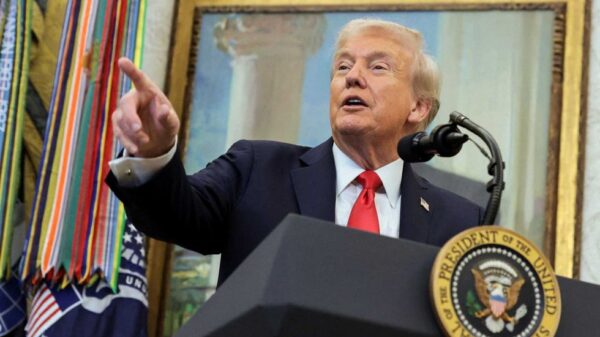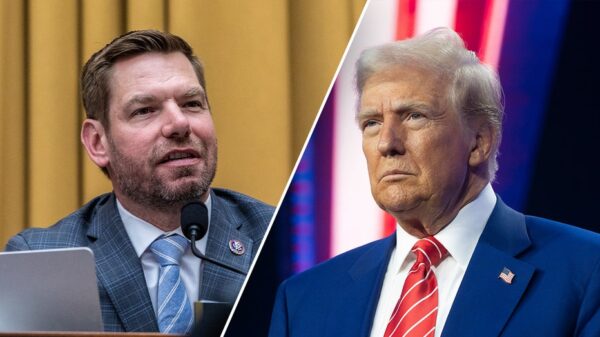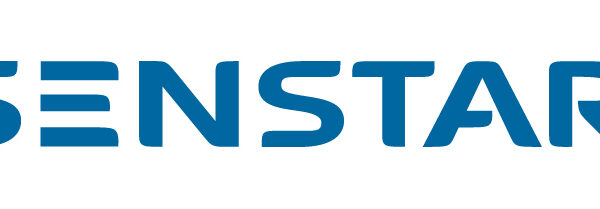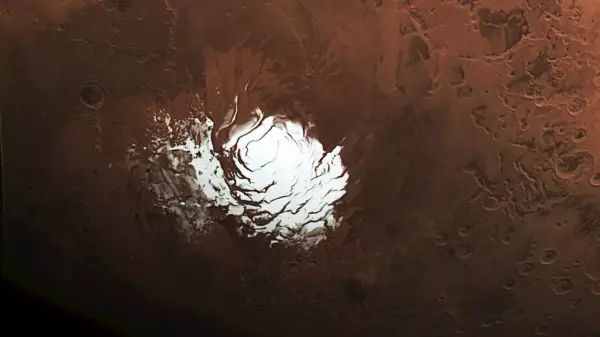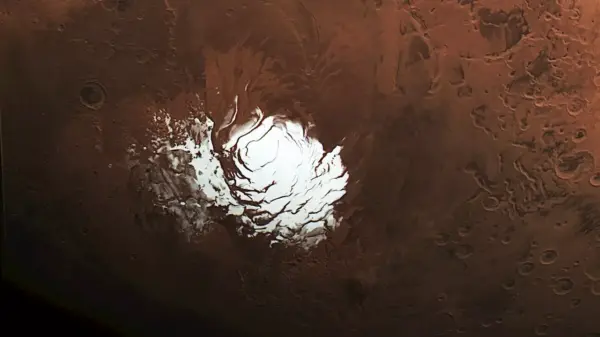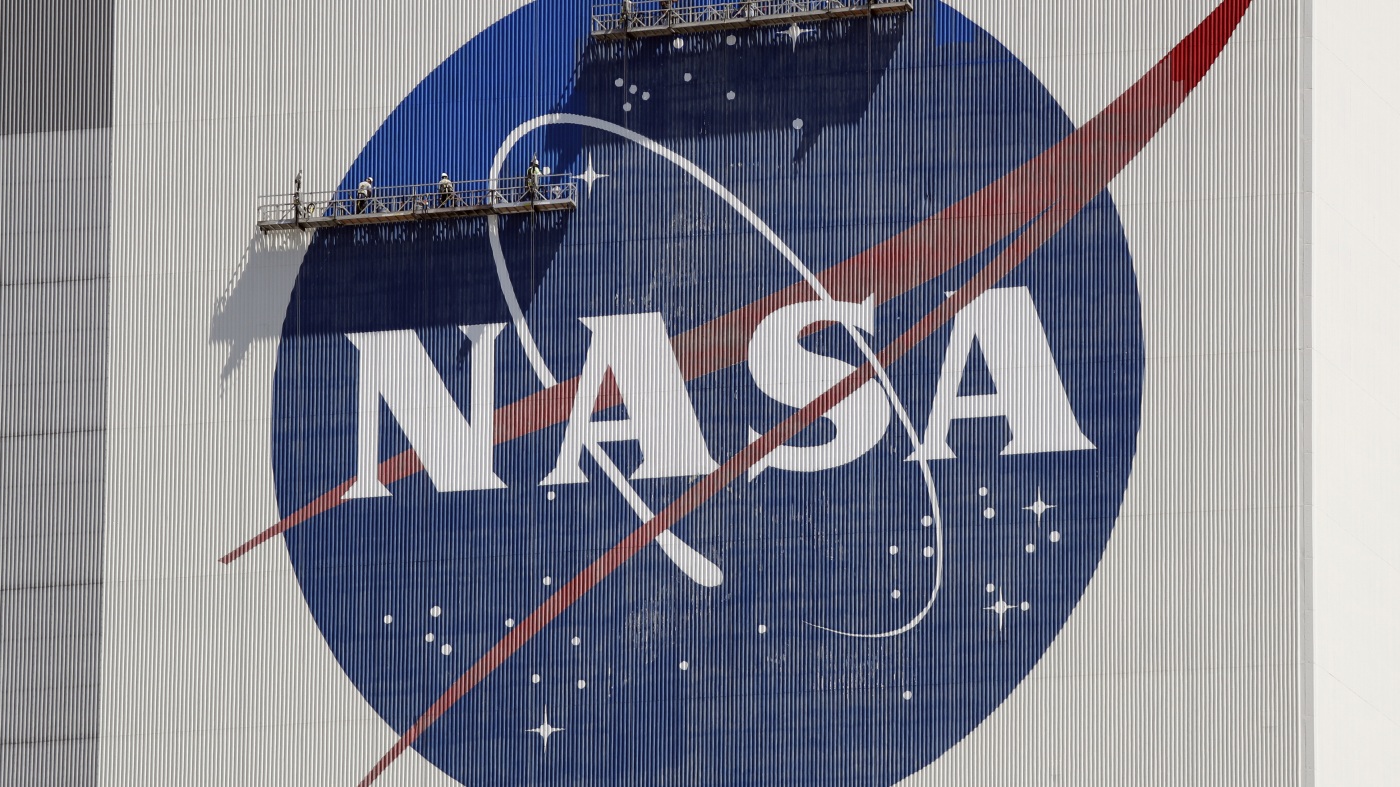Nearly 4,000 employees have chosen to resign from NASA as part of a deferred resignation program initiated by the Trump administration, significantly impacting the agency’s workforce. According to NASA spokesperson Cheryl Warner, this reduction results in a decrease of approximately 20% of the agency’s staff, bringing the total number of employees down from 18,000 to 14,000. This figure includes an additional loss of 500 employees due to regular attrition.
The second round of the deferred resignation program closed at midnight on Friday, with about 3,000 employees opting to leave. This follows the first round, which saw 870 resignations. Warner explained that these moves align with the administration’s broader strategy to streamline the federal workforce, in line with recommendations from the Department of Government Efficiency (DOGE).
While no specific timeline has been provided for when these workforce reductions will take full effect, NASA has not disclosed how these cuts will impact its operations or ongoing projects. The agency is also facing potential budget reductions, as outlined in a fiscal year 2026 budget request released in May. This proposal suggests a substantial cut of around 24%, reducing funding from nearly $25 billion to approximately $19 billion.
Despite these proposed cuts, discussions in Congress are ongoing regarding maintaining current funding levels for NASA. Recently, the agency received a significant funding boost through Trump’s One Big Beautiful Bill Act, which allocates nearly $10 billion for NASA through 2032. This funding is aimed at supporting Mars missions and plans for a return to the Moon.
Criticism of the administration’s budget proposals has come from various scientific and space organizations. The Planetary Society, led by Bill Nye, has openly challenged the White House’s plans, stating, “A great nation deserves a great space program, one that reflects our national ideals and serves the public interest.” The organization argues that the proposed budget does not align with this vision, undermining NASA’s role in fostering unity and collaboration both domestically and internationally.
In a related effort, over 300 current and former NASA employees signed the “Voyager Declaration,” a letter sent to interim NASA administrator Sean Duffy. The letter criticizes the agency’s ongoing changes, describing them as “rapid and wasteful” and urging Duffy to reconsider the proposed cuts. The signatories argue that these reductions do not serve the best interests of NASA and its mission.
As NASA navigates these significant changes, the future of the agency’s workforce and funding remains uncertain, raising questions about the impact on its ambitious goals in space exploration and research. The coming months will be crucial as stakeholders from various sectors continue to weigh in on the direction of the agency.



